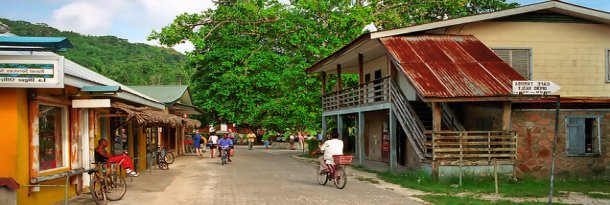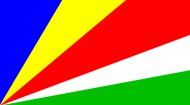|
Seychelles Profile |
Seychelles Profile |
Seychelles Profile | Seychelles Profile |
|
|

 The social profile of Seychelles is a testament to its diverse history. A melting pot of African, Asian, and European influences, its population is a harmonious blend of cultures, primarily Creole. This rich heritage is evident in the Seychellois language (Kreol Seselwa), music, cuisine, and traditions. Despite its small size, Seychelles boasts impressive human development indicators, with high literacy rates and comprehensive healthcare access for its citizens. Education is highly valued, contributing to a skilled workforce and a relatively high standard of living. The close-knit communities foster a strong sense of national identity and social cohesion, underpinned by a shared appreciation for their unique environment and cultural heritage. The economic profile of Seychelles is predominantly tourism and fisheries. Its stunning natural beauty, from the iconic Vallée de Mai on the island of Praslin (decribed by British Army officer General Gordon of Khartoum as "the original site of the Garden of Eden,") now a UNESCO World Heritage site, to the vibrant coral reefs, attracts tourists worldwide, making tourism the largest contributor to its Gross Domestic Product. The islands are also home to the world’s largest population of giant tortoises, with over 150,000 residing on the UNESCO-listed Aldabra Atoll. The fisheries sector, particularly tuna, is another vital industry, contributing significantly to exports and employment. However, like many small island developing states (SIDS), Seychelles faces economic vulnerabilities, including reliance on external markets, susceptibility to global economic fluctuations, and the impacts of climate change on its coastal resources. In response, the government has focused on diversification strategies, including promoting sustainable blue economy initiatives, encouraging small and medium-sized enterprises, and exploring renewable energy sources to build a more resilient and sustainable economy. Outcomes for children are good, with high levels of literacy and health care. The Seychelles are in 54th place out of 193 countries and territories in 2025 when ranked in terms of life expectancy, literacy, access to knowledge and the living standards of a country, positioning it in the high human development category and the highest in Africa. |







